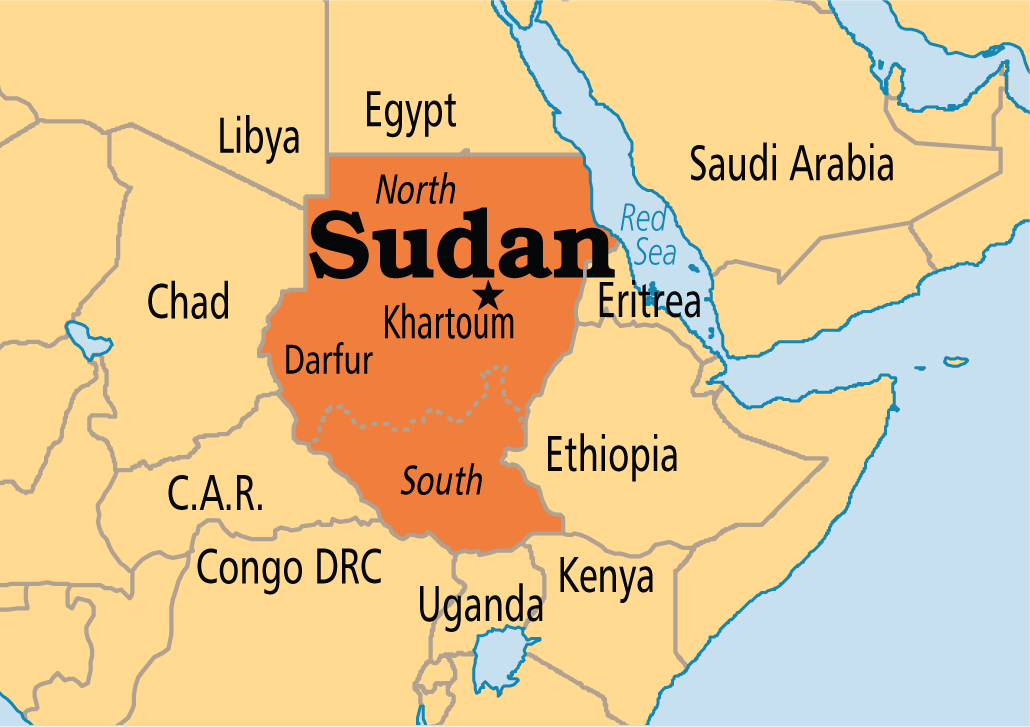
5. SUDAN:
When it comes to Africa, the golden age of traditional music happened before, during and right after the colonial era. During that period people did not have the technology we have today. They could not save their work, and as a result, we’ve lost some of the musicology from that time. After gaining their independence, many countries fell under dictatorship rule. This conflict led to several coup de tats or civil wars since the natives often rebelled against their new Western-back government. Many of those civil wars and political unrests paralyzed the already fragile economy. They also prevented the elders from passing the practice of their traditional music and dance culture to the next generation.
History shows us that various aphasias disrupted the continuation of Sudan’s historical music cultures. They call one of such music tradition the “Zar” music. The locals believed ancestral spirits possessed the musicians when they performed it. After centuries, a new Western-backed government banned this in the 1900s. They also ceased the old drums from them. The new government forced those musicians to stop the spiritual aspect of this music. It encouraged a diluted version of the tradition which the government stripped off its otherworldly component. And during that crackdown, they imprisoned any musician who continued to play the Zar with its spiritual part.
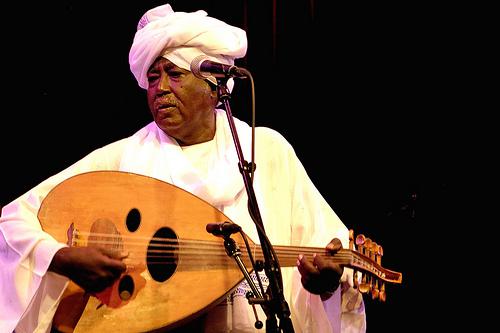
History of the Music Culture
The authorities alleged that they advance civilization, but the people saw them as sellouts. To avoid this, many legendary Sudanese musicians left the country and later died in exile. When this happened, they took the knowledge of this ancient art to the grave. To avoid theft, Africans do not write down the secrets of African art and culture. Regardless of centuries of European exploitation, they worry that the foreigners would steal their secrets. Therefore, they passed the mysteries from one generation to the next orally.
There is a strain on the true spirit of the Zar. Sudan is still the primary source of many ancient African cultures. Numerous tribes including the Mande speaking people migrated across West Africa from there. Despite that, their genealogy also consists of some elements from the Middle East. Therefore, Arab presence also contributes to her music and dance cultures. In her diversity, Sudan wields more than 500 ethnic groups [tribes] which are the most significant deposit of societies in any one country in Africa. The music is lyrical, and it is in the form of storytelling.
Quote
One source states: “Due to many years of civil war, the culture is heavily influenced by neighboring countries. Many South Sudanese fled to Ethiopia, Kenya, and Uganda. Most of those who remained in the state went north to Egypt, greatly assimilating Arabic culture. It is also worth noting that most South Sudanese kept the culture even while in exile and diaspora. Traditional culture is highly upheld, and a significant focus is given to knowing one’s origin and dialect. Many musical artists from South Sudan use English, Kiswahili, Arabi Juba, their lingo or a mix of all. Famous artists like Yaba Angelosi sings Afro-beat, R&B, and Zouk; Dynamiq is renowned for his reggae releases; and Emmanuel Kembe sings folks, reggae, and Afrobeat.”
– Yabe Angelosi – Biography.
6. LIBERIA
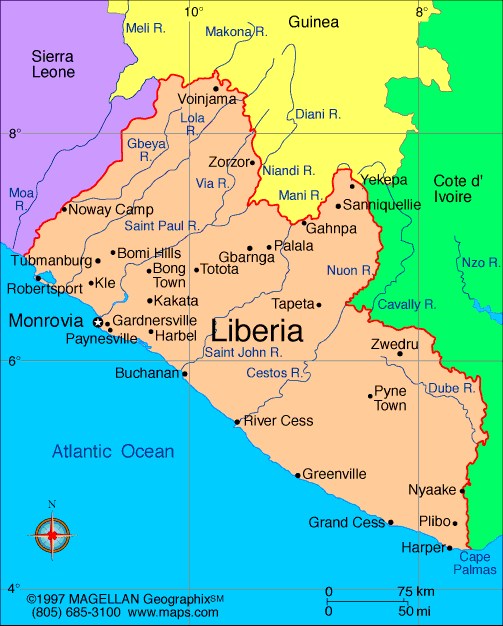
The American system directly influenced Liberia. History credits some freed African-Americans for founding the West African nation in 1847. They repatriated to the region after Great Britain abolished slavery and the Trans- Atlantic Slave Trade. They intended to avoid racism, segregation, and discrimination in the United States by forging an independent state of their own. Despite that, a little over a hundred years after they founded the Americo-Liberian nation the natives waged two devastating civil wars to stem them out. These wars knocked back the country’s economy enormously. For decades, foreign investors would drag their feet to invest in her recovery. This unfortunate perplexity brought the once thriving nation to a standstill.
Consequently, the war lacerated nation now aches in desperate penury. Today, there is a shortage of electricity and clean drinking water supply. Some of the most prevalent difficulties also include a decline in advanced medical facilities, adequate schools, or state of the art infrastructures. Ironically, Liberia still holds a profound state connection to the United States. Bear in mind that this Republic adopted the American flag and constitution as a blueprint for her modern political structure. Thankfully, the economic problems have not completely hindered her music and dance culture. Although American Pop music had influenced Liberian communities many years before other parts of Africa followed suit, this Western influence had not impeded all of the essences of their traditional culture.

History of the Culture
The world should acknowledge the Liberian people for their “talking drum” which the native beat to communicate with each other. Depending on the message they beat the drum to a particular rhythm. And when they do, the local tribespeople from neighboring villages can understand the meaning of what the drummer is saying. These drums perform the same function as a loudspeaker, telephone, radio, and internet without sacrificing the auspices of nature. They also have a spiritual significance to how the people relay these messages. Sometimes the communication is between the living and the dead. For centuries, droves of Western excavators arrived there seeking to learn the secrets behind their talking drum. And for centuries the native people have refused to teach the Westerners how to use these drums.
Sometimes the communication is between the living and the dead.
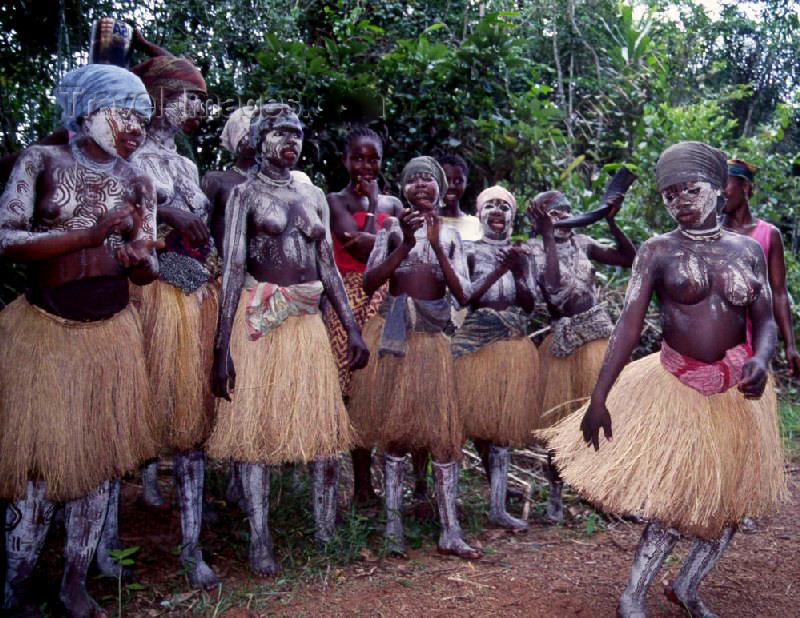
Just like in all of Africa, the ancestors use the oral tradition to pass the knowledge to the next generation. The drummer sends an invite to a wedding, a celebration of a newborn or a ceremony of a good harvest. He announces a tribal war or warns others of pending danger. This drum could also announce the death of prominent people or summon a tribe to perform a particular ritual. For these reasons, an experienced listener is one who can distinguish between the various messages. Tribal people also use the talking drum to sing, dance or entertain people. Also, a remarkable number of the tribal people migrated to Liberia from Sudan. That is one reason why Talking Drums are present in Ghana and Liberia.
Musical Ethnic Groups
Traditional Liberian Music and dance cultures are indigenous to specific tribes. These are the Grebo, Krahn, Loma, Mano, Gbandi, Kru, Via, Bassa and Sinoe. In Liberia, many tribes have secret societies. These tribal organizations serve as a traditional school system. In these systems, young boys and girls learn how to function as adults in their communities. Liberians originate their identity from the “Grebo Bush” which they divide into the “Poro” for boys and “Sandy” for girls. Alternately, Sierra Leone calls their female secret society “Bondo.” One of the universal rules is to prevent initiates from disclosing what they experience. So during public performances, festivals or celebrations, they invite outsiders only to watch the vibrant music and dance show. This music is one of the leading traditional music in Liberia.
7. SIERRA LEONE:
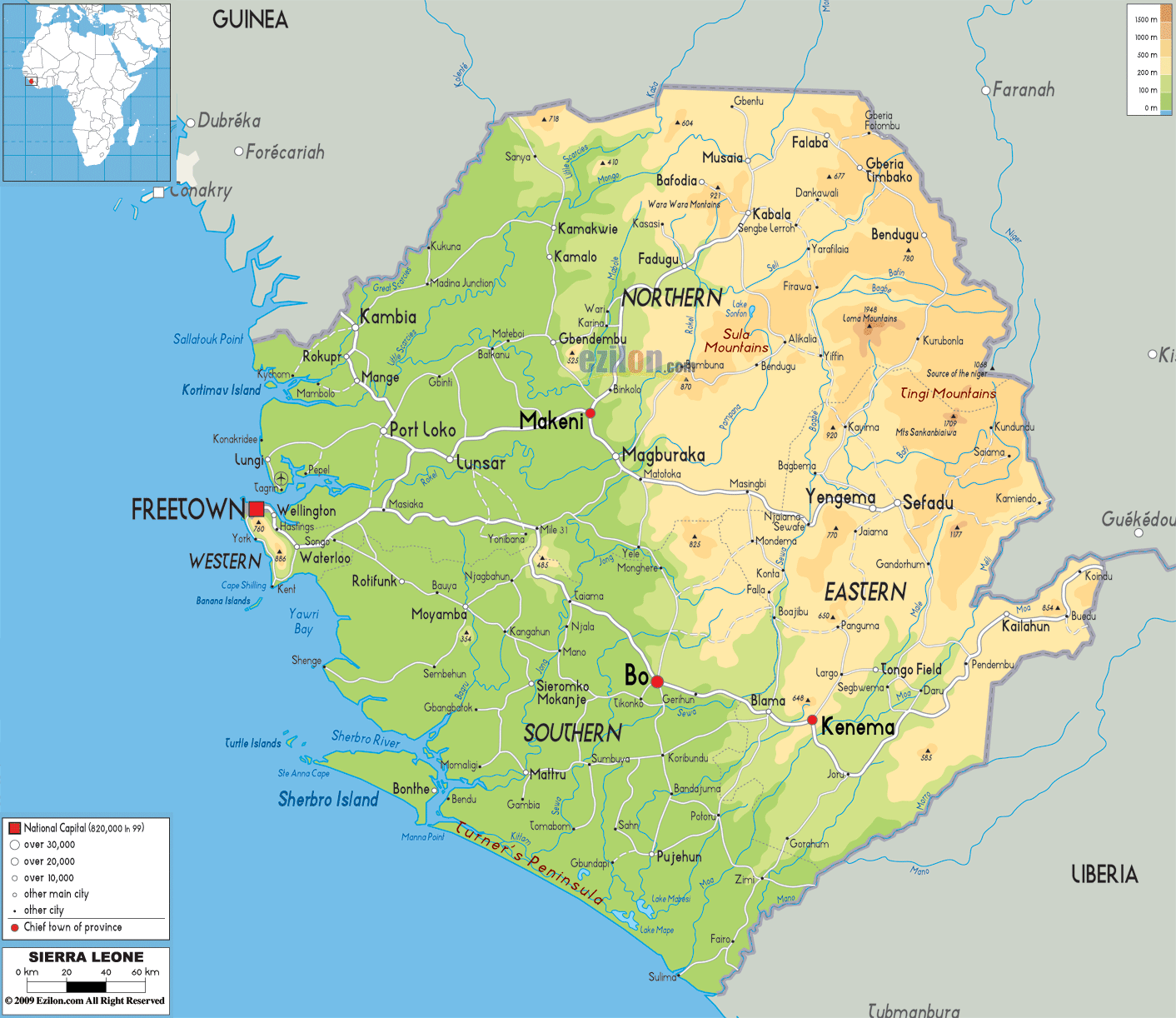
“Goombay” is one of the leading dance and music tradition in Sierra Leone. But before locals developed this sound, they played a mix of instruments including the Bubu horn, traditional drums, and the Xylophone. Just like in Monrovia, when Freetown was still Romarong, the people saw a steady flow of tribal migration. Historically, the villages of ancient Sierra Leone have experienced many tribal movements. The vast majority of migrants came from Sudan, Fouta Djallon, and the Northern Sahara. Some arrived as far as from India and Lebanon. But Sierra Leone would endure about 100 years of British colonial rule. Before the transatlantic slave trade, European spies and excavators emerged from Portugal, France, Spain, the Netherlands, and England. After they ended slavery, prominent abolitionists repatriated a large number of former slaves to Sierra Leone from sections of the British Empire, like Canada, the Caribbean Islands and the United States of America.
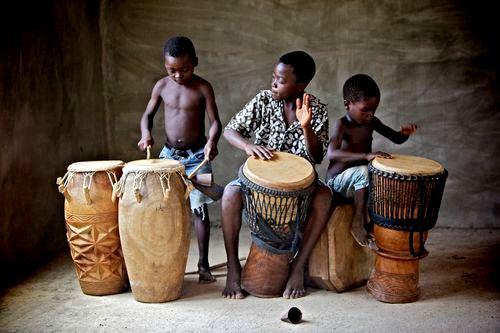
History of the Musical Culture
Sierra Leone’s musical and dance influence originates from many places. Many of the indigenous tribesmen had come to Romarong in search of a sanctuary. There was a time when different empires in the surrounding regions rose and fell to barbaric invasions. The invaders who topple those ancient communities establish new ones like an Islamic empire for example. These new empires eliminated some previous religions that were sacred to the people who they conquered. This change in religion or cultural norms is one of the reasons why some of the people move here. Accounts also tell us that some of the tribal people wanted the suitable land for their crops. The tribes, the Portuguese and British explorers, brought a vast array of music to Sierra Leone. Every group had their particular type of birth, marriage and funeral rituals as well.
These new empires eliminated some previous religions that were sacred to the people who they conquered.
And just as in Liberia, some of the tribes had their specific secret society and tribal music. Today, the music of the Poro [for boys,] Bondo [for girls] and Hunting [hunters who utilize ancient African magic] consist of traditional Sierra Leone music. And as I’ve mentioned earlier, Indians and Lebanese music cultures have also influenced the experience. We can categorize the central music as Mende, Mandingo, Temne, Fula, Soso, Indian or Lebanese music. One of the primary forms of traditional Sierra Leone legends is to sing and clap. Earlier Europeans embellished this when they introduced Christianity. Although the pioneers of Christianity and Islam also brought slavery, they influenced the music and dancing. And all of these occurrences developed into a smoggers board of traditional music and dance cultures.
8. GHANA:
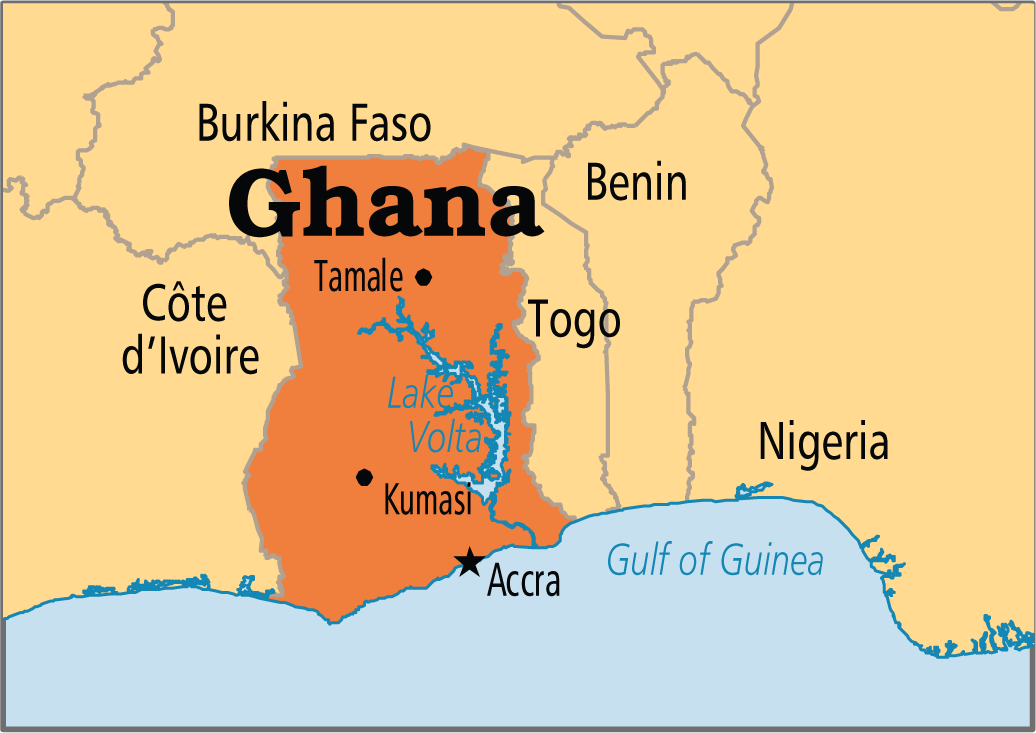
As evident in the popularity of Ghana’s symbolic Kente cloth, Ghana exerts her deep roots in Africa. She is home to the monumental Ghanaian Empire that reigned gloriously for centuries in the region. Ghanaians have also seen the rise of a prominent Ashanti kingdom. After the British despoiled her gold, she embraced the Pan-African movement. Ghanian tribes include Ga, the Akan people’s Asante Twi, Akuapem Twi, Mfantse and the Nzema. Each of them has their distinct music and dance cultures. You also have the Mole-Dagbani people’s Dagaare, Dagbanli, and Hausa. Those people also have their music and dance cultures. There are other historic tribes such as Dangme, Ewe, Gonja, and Kasem. And they too have traditional music and dances that are specific to them. Islamic and Christian influences play a role.
Origin of Historical Essence
US President Barack Obama made a historic visit to Ghana. When he did his stay became even more symbolic after he attended one of Ghana’s most heart-rending monuments. Ghanaians know the “Fortress of Cape Coast Castle” as the place where the Europeans crammed their people in its dungeons. Europeans disordered Ghanaian music process but not in the long run. Those slave traders may have hauled the tribal people through the “Door of No Return,” but the music lived. They captured or bought those people and boarded them on those British and American slave ships. Due to that, many of the tribal music and dances spread to Europe and America.
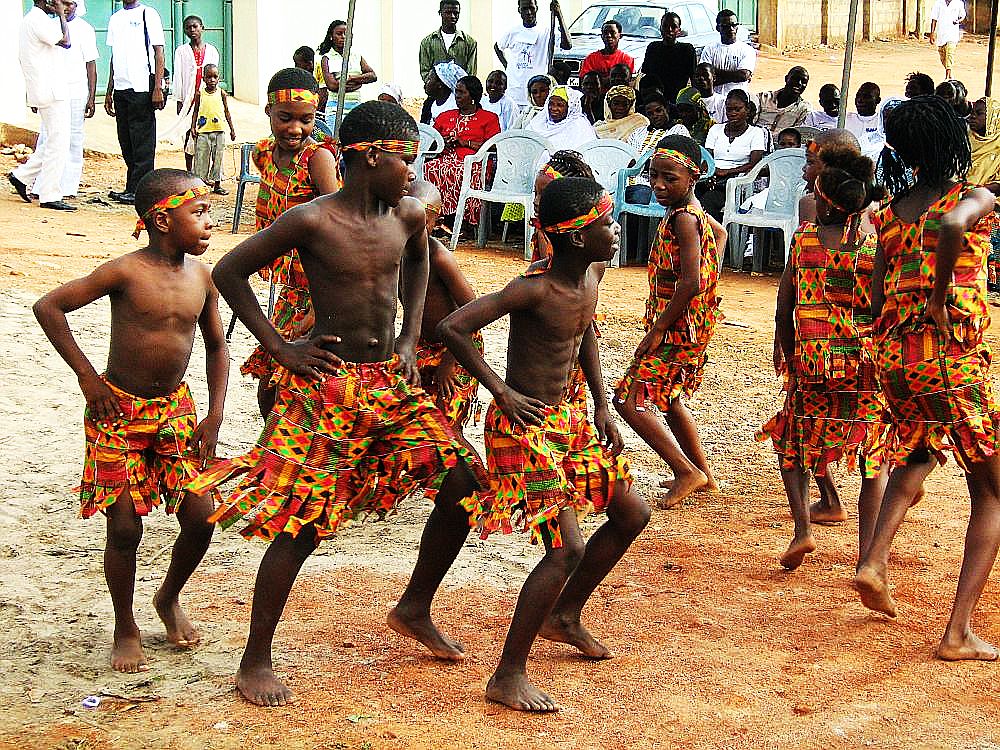
You can divide Ghanaian musicology into two sections. Northern Ghana shares its musical culture with Niger, Burkina Faso and Northern Togo where they use stringed instruments. Southern Ghanaian musicology of the Akan and Ga tribes dance to drums. Once again, the xylophone, Africa’s piano, plays along with the Balafon which is present in most traditional African music. And in this kind of music, the natives make most of the instruments by hand. Just like The Gambia, Ghana is among the peaceful democracies in Africa today. Natives from both countries do the most they can to maintain their culture and tradition. And when you speak of this, you cannot exclude the traditional music from that conversation. Among many historical legends, she continues to lead Africa in the preservation of well-defined conventional music and dances. Bear in mind that some of the ancient people also migrated to Sierra Leone from Ghana.
Quote
Easy Track Ghana said: “While the style may differ between north and south, traditional music, dance, and ceremony are ritualized events occurring at funerals, ceremonies, festivals, weddings and other public and private gatherings. Drums and gong-gong are more prevalent in the south, while string instruments and the calabash are more used in the north.”
9. NIGERIA:
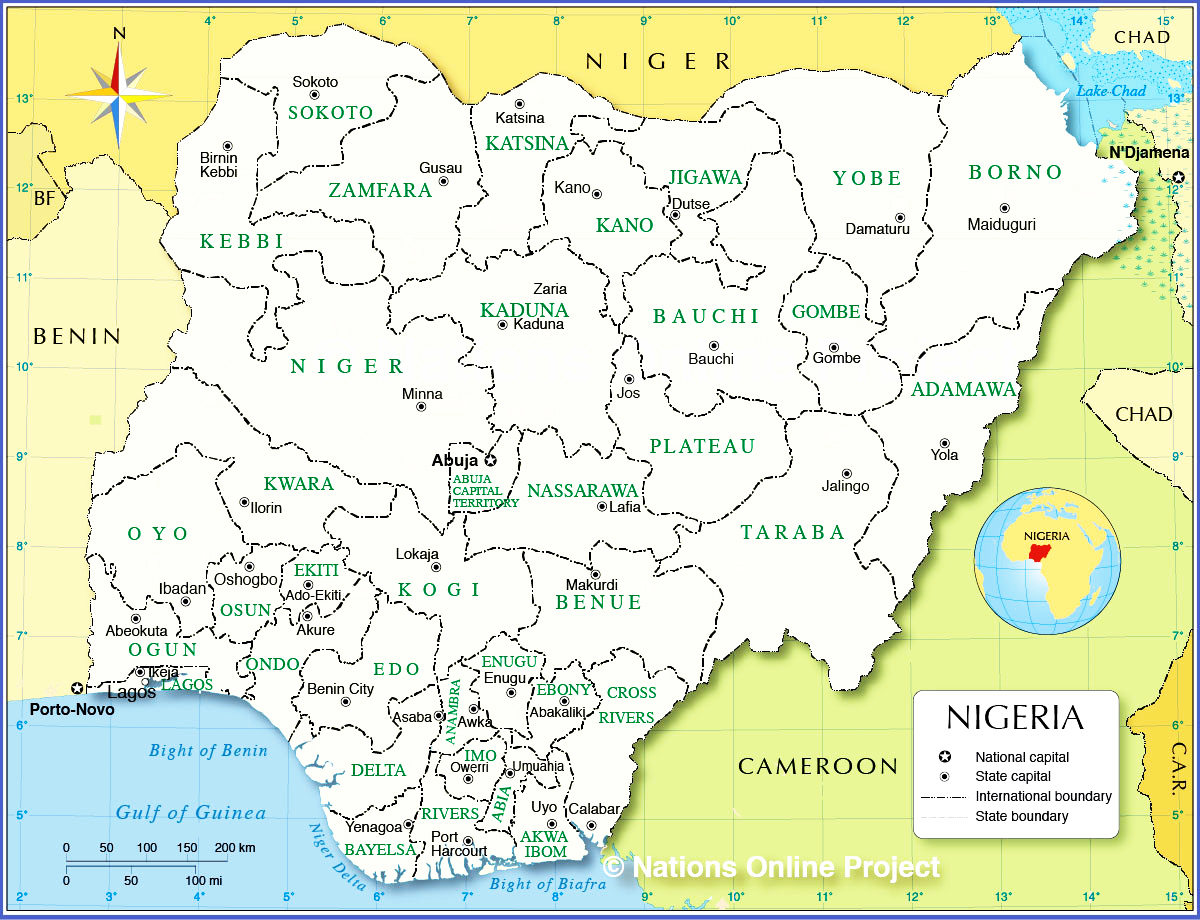
Sculpted with high African content are the educational leadership and values that Nigeria sustains with a population of 140 million. If some West African tribes migrated from Sudan, then they must be prevalent in Nigeria. With an extensive community, this country has more than enough audience to sustain her cultural depth. There is a variety of tasty cuisine and a wide array of distinguishable attire. Nigeria houses roughly 500 tribes in 35 federal states. Her main ethnic groups are Igbo, Yoruba, and Hausa. They have exhibited so sharp a wit against Europeans, that the Europeans often taint their image in Western media. Along with Ghana, she stands as another one of Africa’s formidable cultural hubs. Most significant to West Africa is her vast peacekeeping military force and her multitude of natural resources.
In the history of West African migration, many tribes come from east to west.
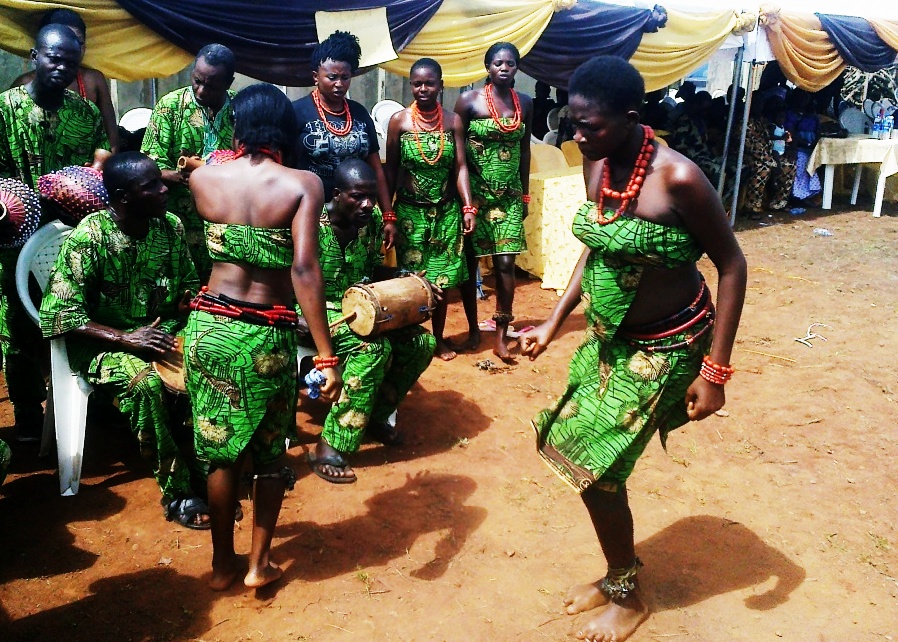
The diversity of Musical Influences
In many cases, Nigerian music and dance represent the embodiment of African musicology. As in many parts of Africa, Nigerians uproot their traditional music from religion. We all know that the three major religions in Africa are Islam, Christianity, and traditional African religions. With Islam, you see the musical component both in sura reading and in Arabic folk music. Christianity puts European folk music at its forefront. Traditional African religions mostly include but are not limited to, Juju and Voodoo. You have practitioners who play drums, clap their hands and sing. Or at other occasions, they accompany the singing with instruments. The impressive character of all these sects is when they combine the religious and the musical essence of entertainment. Like when African Christians beat drums, sing and dance African styled music in the church.
In the history of West African migration, many tribes come from east to west. It is also common to find some northern immigrants who come from where the Arabian sway originates. With close to five hundred ethnic groups in place, Nigeria is home to many distinct social fasteners. They comprise cuisine, attire, accessories, weaponry, and language. Nigerian settlers also produced numerous forms of traditional music and dance. She is closer to the center of Africa. It should not be a surprise to observe migrants from southern Africa. In total, Nigerians use wood, animal skin or bronze to create most of their traditional musical instruments. And they share their popular musical attraction from the surrounding region.
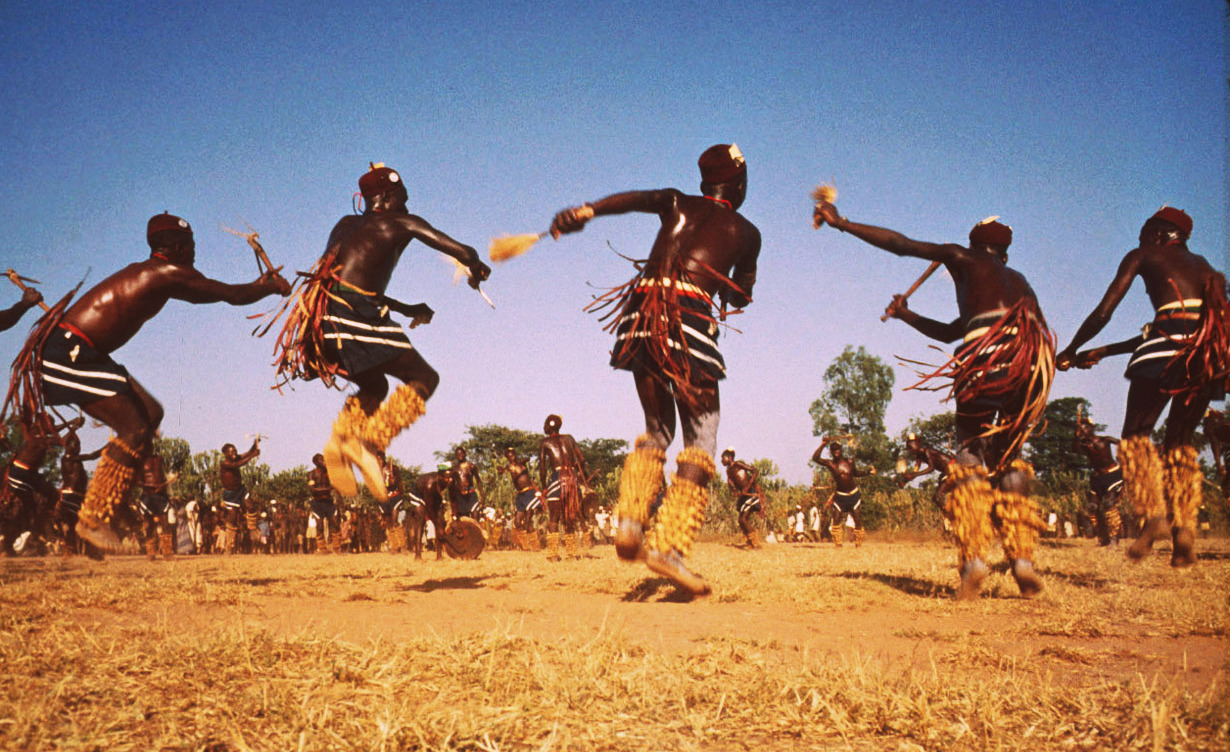
Quote
The World Music Network puts it this way: “Nigeria is unrivaled in Africa regarding cultural output. Yet, except for a few internationally known African pop icons (Fela Kuti, Sunny Ade, and Femi Kuti), the country’s artistry remains a mystery to all but the most ardently adventurous listeners.”
As a cultural giant, her Yoruba tribe is famed for their intricate drumming, while theatrical lyricism runs deep from the song. Yoruba instruments include; shekere, bembe, abinti, koso, agogo and Sakura. The original Igbo sound is the ikoro or slit gong and the udu pot drum. Nigerians also play traditional stringed instruments like the molo and the kontigi of the Hausa. In their musicology, drumming percussion are either the dundun or the bata. Some of the most common genres of Nigerian music are Fuji Fever, Juju Music, Afro Beat and Apala. If one is interested in African traditional music, then Nigerian dance culture is a must.
10. KENYA:
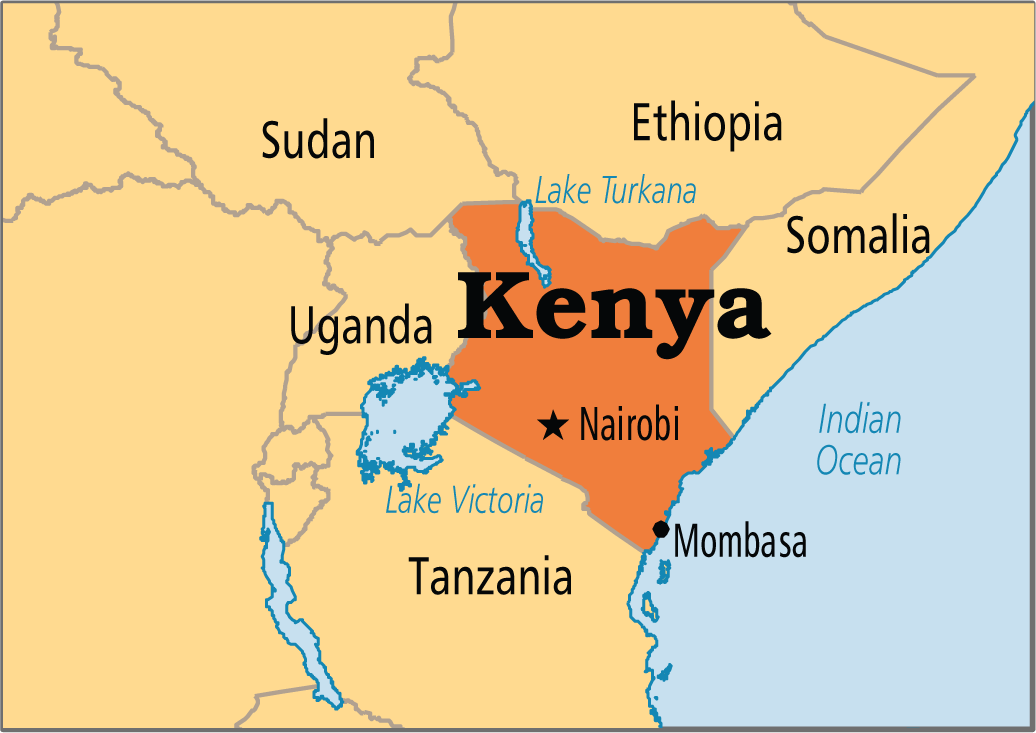
East Africa brings a unique sense to African musicology, and Kenya is one country with a very dynamic sound. Arguably, she made a significant contribution to the world with US President Barack Obama. I say this because we can trace his roots directly there. Kenyans integrate deep chants in their music. The singers accompany these chants with a spectacular dance where the male dancers exhibit their capability to leap very high in the air. This process feels like a mating call or a dramatization of the emotions from the song. As I’ve stated earlier, African music and dance are rooted in spirituality. Dancing is not merely art, and it is a mystical experience. They convey the sound of the music with spirits who possess the performers in a religious commune between that person and their god, guardian genius or ancestor.
Nigerian and Cameroonian musicology are both reminiscent of Sudanese music save for the massive Arab influence in East Africa. Kenya, Tanzania, Uganda, and Botswana maintain dominant folk genres such as the Soukous or Zouk. Many Kenyan voices have facilitated the Congolese-inspired sound of favorite East African music. With their musicology, the choruses are symbolic of what is known as the “Maa” speaking groups. They play Maa music in ceremonial rituals. The people believe that their ancestors sang Maa songs after successfully hunting a lion. The use of drumbeat is also symbolic of abundant traditional dances. In Kenya, the term “Ngoma” means drum music. It’s an import of traditional Kenyan music and dance culture. Here is what Magical Kenya has said:
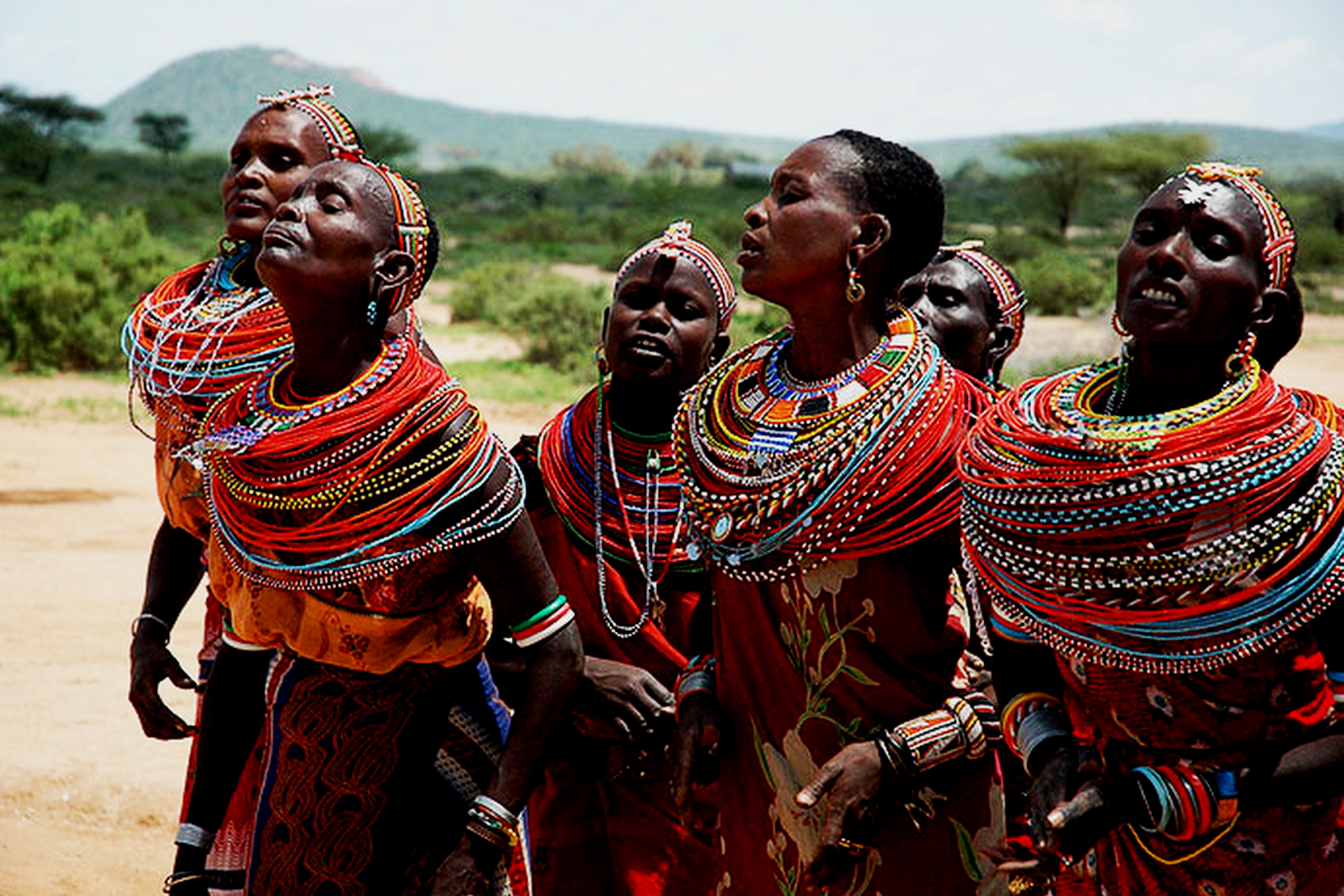
Quote
“A variety of drums were used throughout the country. The Luhya of Western Kenya developed a very distinctive dance style called Sikuti after the local name for a drum. This incredibly energetic dance is usually performed by paired male and female dancers, and accompanied by several drums, bells, longhorns, and whistles. The Kamba and Chuka people both developed a distinctive drumming style, in which a long drum is leaned forward and clasped between the thighs. The Kamba were well known for their athletic, almost acrobatic dancing.”
East African musicology has Arabic influences similar to that of the Saharan regions of North Africa, South Asia, and the Middle East. The people know the most popular of this kind as the “Taarab” or Tanzania Arab music. If it weren’t for inter-migration, African musicology would not have been regional. But due to inter-migration, the sound is weaved between certain sections on the continent. Take, for example, Gambian music culture is related to that of Senegalese while Liberia, Guinea, Mali and Sierra Leone share their similarities. The Ivory Coast, Ghana, Togo, Niger and Burkina Faso also have various similarities in their style. And so does Botswana, Kenya, Congo, Sudan, and Uganda.
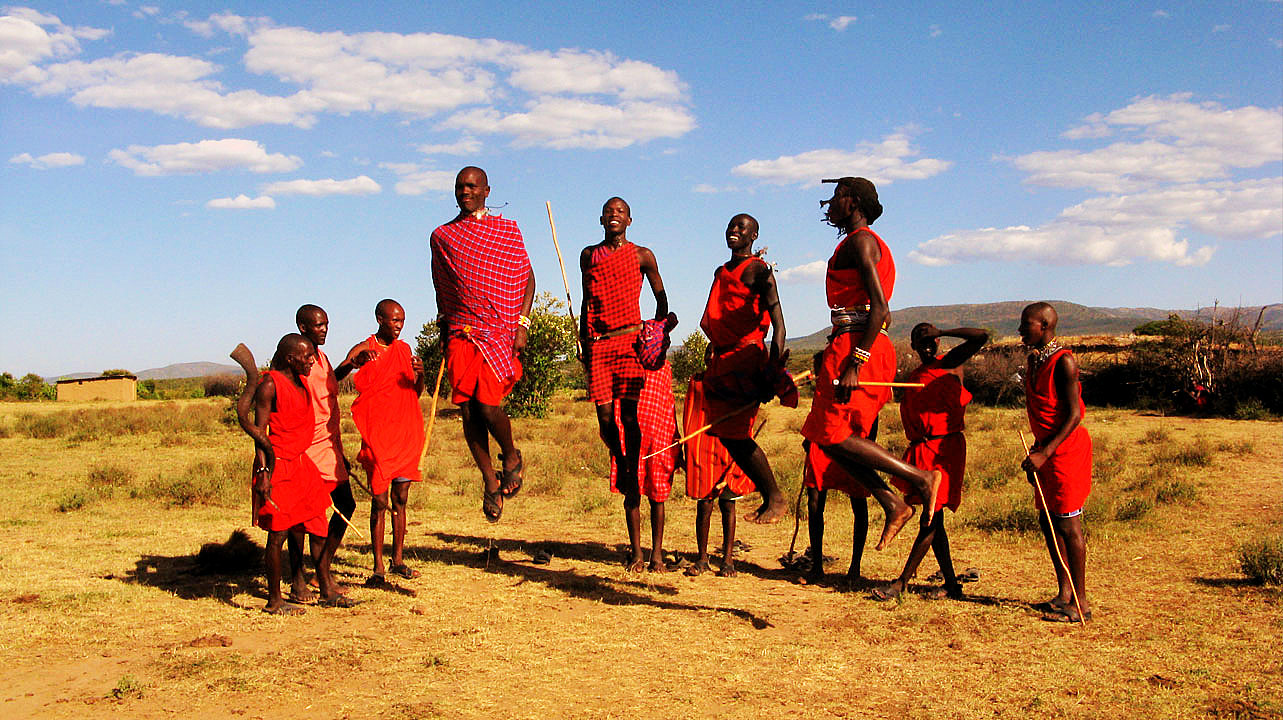
The Diversity of Musical Influences
As a whole, Africa has several diverse practices that are each taking root, (as we rediscover them) or dying to the growing Pop attraction from America. This is why preserving our history, dance, and music is essential. Before now, many people had not realized it, but it is clear, slavery, had an insurmountable impact on African religion as well as the music and dance traditions. Indigenous African music and dance are two things that we can revive. These fundamental elements of our culture will defy this age if we hold on to the knowledge that in many ways, is still here whether visibly or theoretically. Ironically, much, if not all, of today’s Western music and dance systems come from Africa. And as this continent remains a principal source of raw talent, mineral, and natural resources, it is up to us to preserve them for the generations to come.*
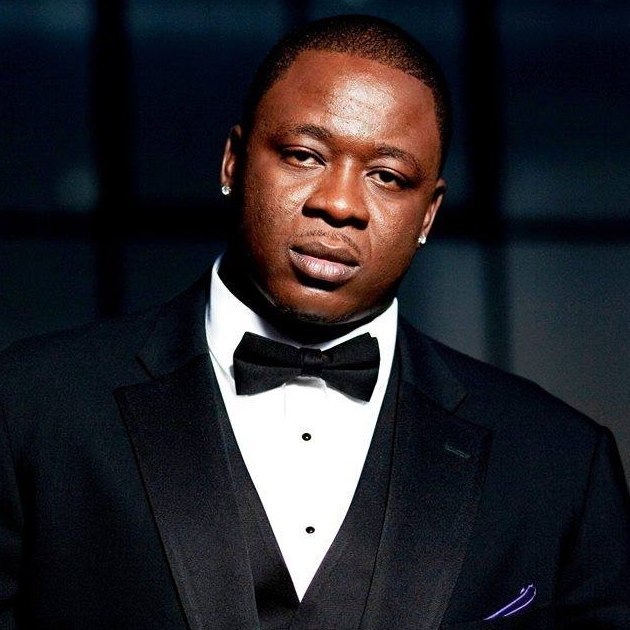
You need targeted visitors for your website so why not try some for free? There is a VERY POWERFUL and POPULAR company out there who now lets you try their traffic service for 7 days free of charge. I am so glad they opened their traffic system back up to the public!
Greetings! I’ve been following your blog for some time now and finally got the courage to go ahead and give you a shout out from New Caney Texas! Just wanted to tell you keep up the excellent work!
Just wish to say your article is as amazing. The clarity in your post is simply cool and i can assume you are an expert on this subject. Fine with your permission allow me to grab your RSS feed to keep up to date with forthcoming post. Thanks a million and please carry on the enjoyable work.
Heya are using WordPress for your site platform? I’m new to the blog world but I’m trying to get started and set up my own. Do you need any html coding expertise to make your own blog? Any help would be greatly appreciated!
Yes. I’m using wordpress which is the latest platform. You need some knowledge of html coding and it can be time consuming if you don’t know what you are doing.
I all the time emailed this web site post page to all my contacts, since if like to read it then my contacts will too.
I’m now your number one fan! I think it’s very sexy when a man writes so passionately. Love it.
There’s definately a lot to know about this issue. I really like all the points you made.
Good blog you’ve got here. It’s difficult to find good quality
writing like yours these days. I really appreciate individuals like you!
Take care!!
Great post. I used to be checking constantly this blog and I am inspired! Very helpful information particularly the remaining section 🙂 I care for such information a lot. I used to be seeking this certain info for a long time. Thanks and good luck.
Hello. Do you know how to make simple an internet site cell phone hospitable? I’m looking for a design or wordpress tool that might be able to resolve this problem. Please share if you have any suggestions. Brief query that’s absolutely from matter. My internet site appears to be strange when exploring.
I just want to say I’m newbie to blogging and site-building and actually liked this web-site. More than likely I’m planning to bookmark your website . You definitely have amazing articles. Thanks for sharing your web-site.
Actor Tracy Morgan in intensive care after New Jersey road accident
What’s up, just wanted to say, I enjoyed this article. It was inspiring. please Keep on posting! I will come soon.
Very nice post. I just stumbled upon your weblog and wished to say that I’ve really enjoyed browsing your weblog posts. In any case I will be subscribing in your rss feed and I’m hoping you write once more soon! And you can look our website also.
I must tell you that it’s hard to find your posts in google, i found this one on 11 spot, you should build some quality backlinks in order to rank your site, i know how
to help you.
Hi my family member! I want to say that this article is awesome, nice written and come with approximately all important infos. I’d like to peer more posts like this. And you can look our website.
Hello very nice blog!! Guy .. Beautiful .. Amazing .. I will take the feeds also¡KI am glad to find so many useful info right here, we’d like work out more techniques in this regard, thanks for sharing. . . . . .And you can look our website about ralph lauren ireland
Pretty component to content. I simply in fact enjoyed your blog posts. Anyway I’ll be subscribing on your augment and even you get entry to persistently fast.
I came to your 10 DISTINCT AFRICAN MUSIC & DANCE CULTURES PT. 2 | Freddy Will’s Blog page and noticed you could have a lot more traffic. I have found that the key to running a popular website is making sure the visitors you are getting are interested in your subject matter. There is a company that you can get traffic from and they let you try their service for free. I managed to get over 300 targeted visitors to day to my website. Visit them today.
Howdy! I know this is somewhat off topic but I was wondering if you knew where I could locate
a captcha plugin for my comment form? I’m using the same blog platform as yours and I’m having difficulty finding one? Thanks a lot!
Do you have any video of that? I’d care to find out some additional information.
I like the valuable information you provide in your articles. I’ll check again here frequently. I am quite sure I will learn many new stuff right here! Good luck for the next!
Thank you for the auspicious writeup. It in fact was a amusement account it Look advanced to more added agreeable from you! By the way, how can we communicate?
Outstanding post however , I was wondering if you could write a little more on this subject?
I’d be very thankful if you could elaborate a little bit further. Appreciate it! And I know you are a hit with the ladies, sexy man!
This article will assist the internet viewers for building up new awareness about Africa it is very informative from start to end.
Hello, yes this article is truly good and I have learned lot of things from it on the topic of
African culture. thanks.
Hi, Neat post. There’s an issue along with your website in web explorer, might check this? IE nonetheless is the market leader and a big portion of other people will omit your fantastic writing because of this problem.
That is actually helpful, you’re very capable blogger. I’ve truly attached your feed in addition to stay up for exploring extra within your impressive story. Will, there are featured your web site inside social web sites.
You have to write this things more.At this time there
I’m extremely inspired together with your writing skills as smartly as with the structure on your weblog. Is that this a paid topic or did you customize it yourself? Anyway stay up the excellent high quality writing, it is rare to see a great blog like this one nowadays..
Hey there just wanted to give you a quick heads up. You have a way with words. I’m not sure if this is a natural thing or something to do with your compatibility but I figured I’d post to let you know. The more I read your stuff the more I love you and I don’t even know you. Thanks
10 DISTINCT AFRICAN MUSIC & DANCE CULTURES PT. 2 | Freddy Will’s Blog
I’m not even going to lie dude, you’re really sexy! xoxoxo I see all these girls trying to get at you but they need to back off because you are going to be all mine. <3 <3 <3 muah!
I’m extremely impressed together with your writing talents and also with the layout for your blog. Is this a paid subject or did you customize it yourself? Either way stay up the excellent high quality writing, it’s rare to see a nice blog like this one nowadays..
You really turn me on. I wanna have your baby!